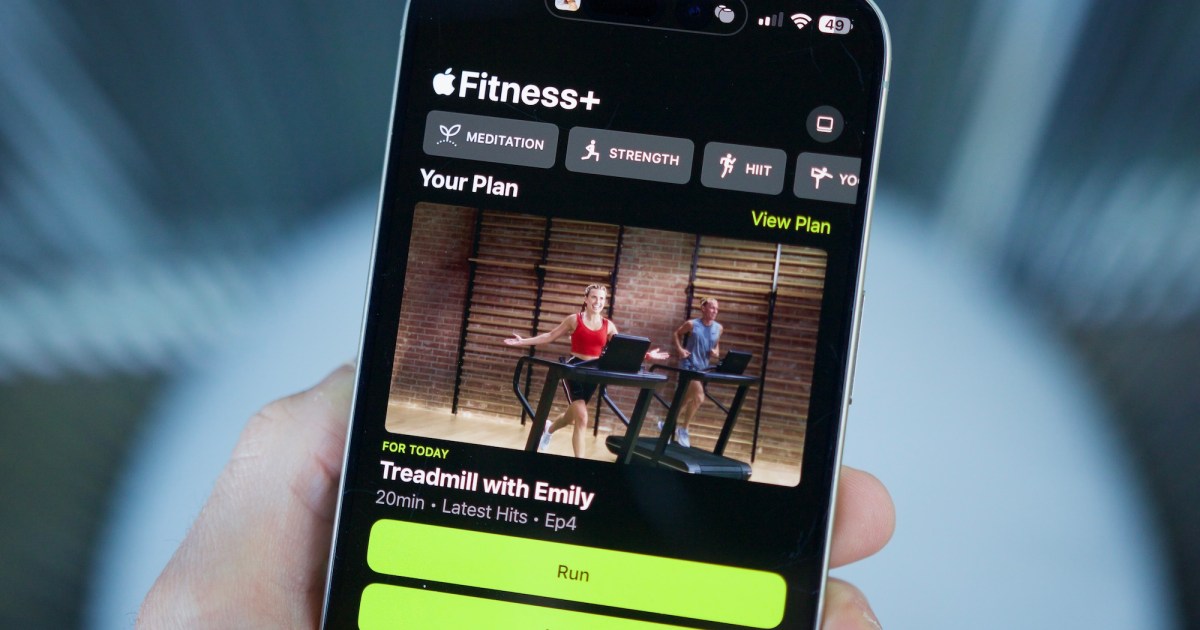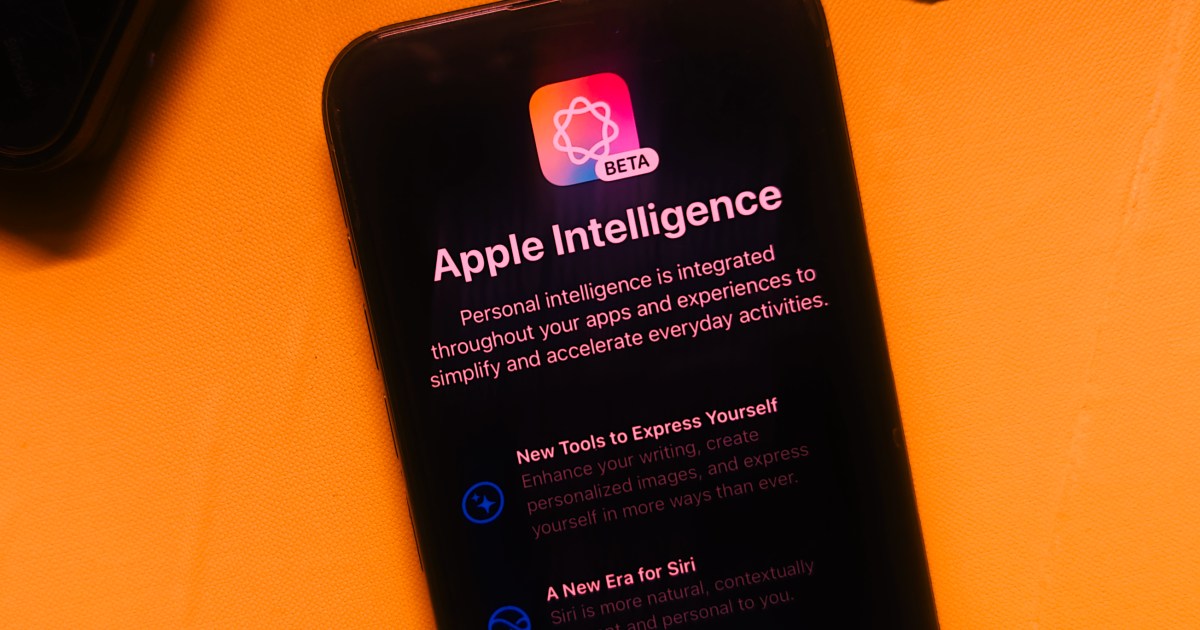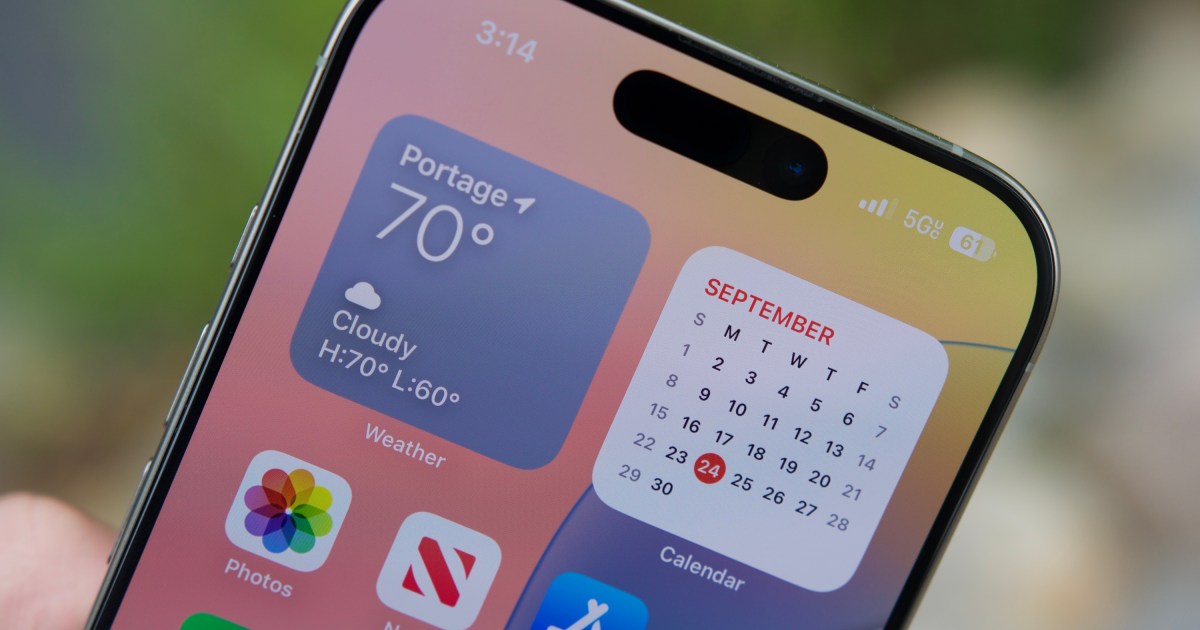The digital health revolution promises personalized wellness solutions at our fingertips. Apple recently announced its next health study, aiming to connect wearable data with major wellness markers to develop new digital health tools. However, a new study from the Technical University of Munich questions the effectiveness of these tools, particularly for at-risk individuals.
The study, conducted across 11 sites in Germany, focused on individuals with type 2 diabetes and coronary heart disease. These conditions, while serious, can be managed through lifestyle modifications, exercise, and diet. The researchers explored whether digital interventions, such as health apps, could effectively support these changes.
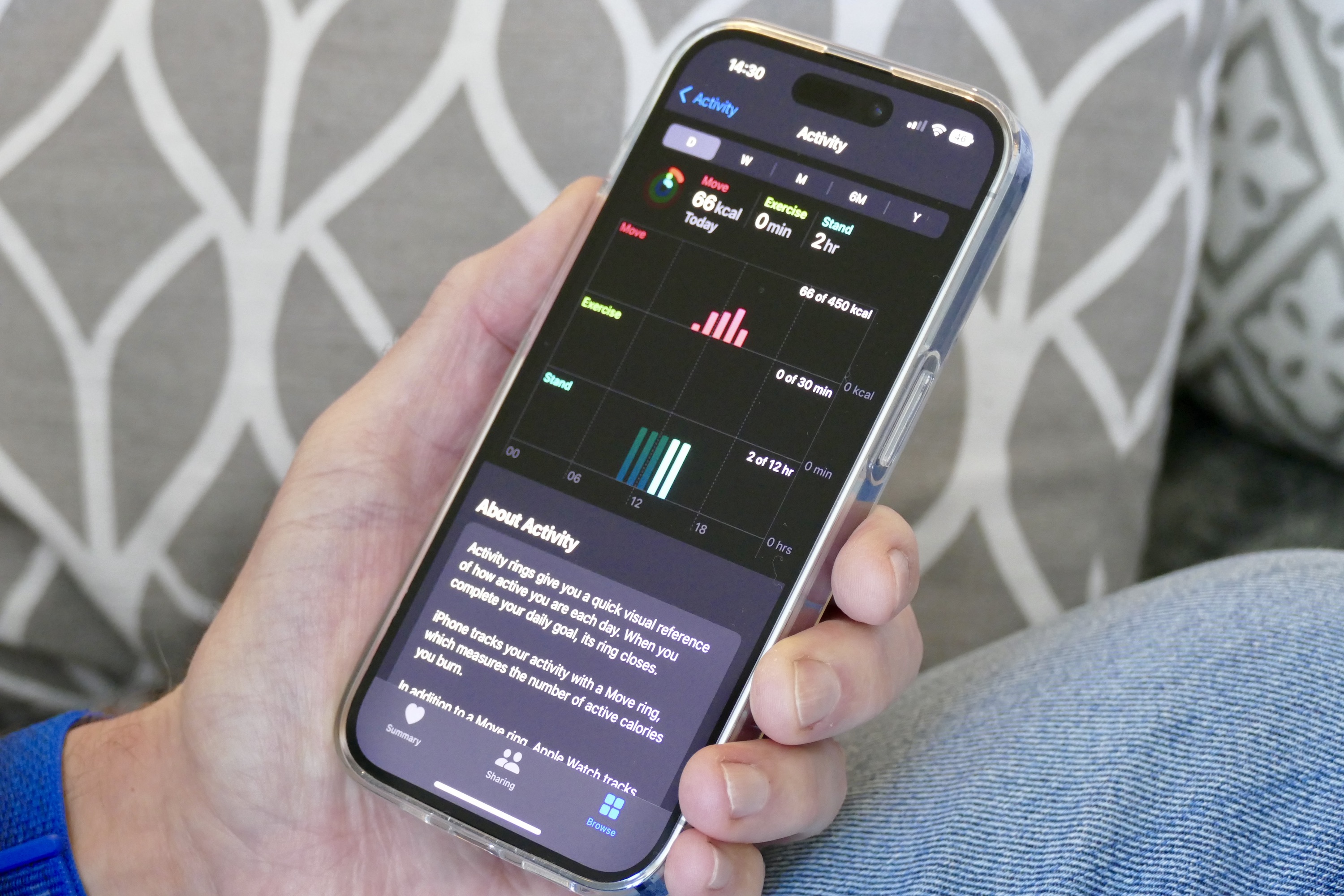 Apple
Apple
Surprisingly, the results revealed minimal positive impact. Approximately 25% of participants never even began the app-prescribed training regimen, and almost half failed to meet weekly exercise goals. Professor Martin Halle, a specialist in preventive sports medicine and sports cardiology at the Technical University of Munich, stated that “the current hype surrounding medical apps needs to be put into perspective.”
Why is this Research Significant?
Coronary heart disease (CHD) is a leading cause of death. The National Heart, Lung, and Blood Institute reported approximately 300,000 CHD-related deaths in the United States in 2022. The US Centers for Disease Control and Prevention (CDC) confirms CHD as the most common type of heart disease, highlighting the critical need for effective prevention and management strategies.
Type 2 diabetes, prevalent among middle-aged and older adults, is often linked to obesity and a sedentary lifestyle. It can also exacerbate heart conditions. The CDC’s National Diabetes Prevention Program emphasizes lifestyle changes, including exercise and calorie reduction, as key to reducing type 2 diabetes risk by up to 71%. Digital health tools are often promoted as aids in achieving these lifestyle goals.
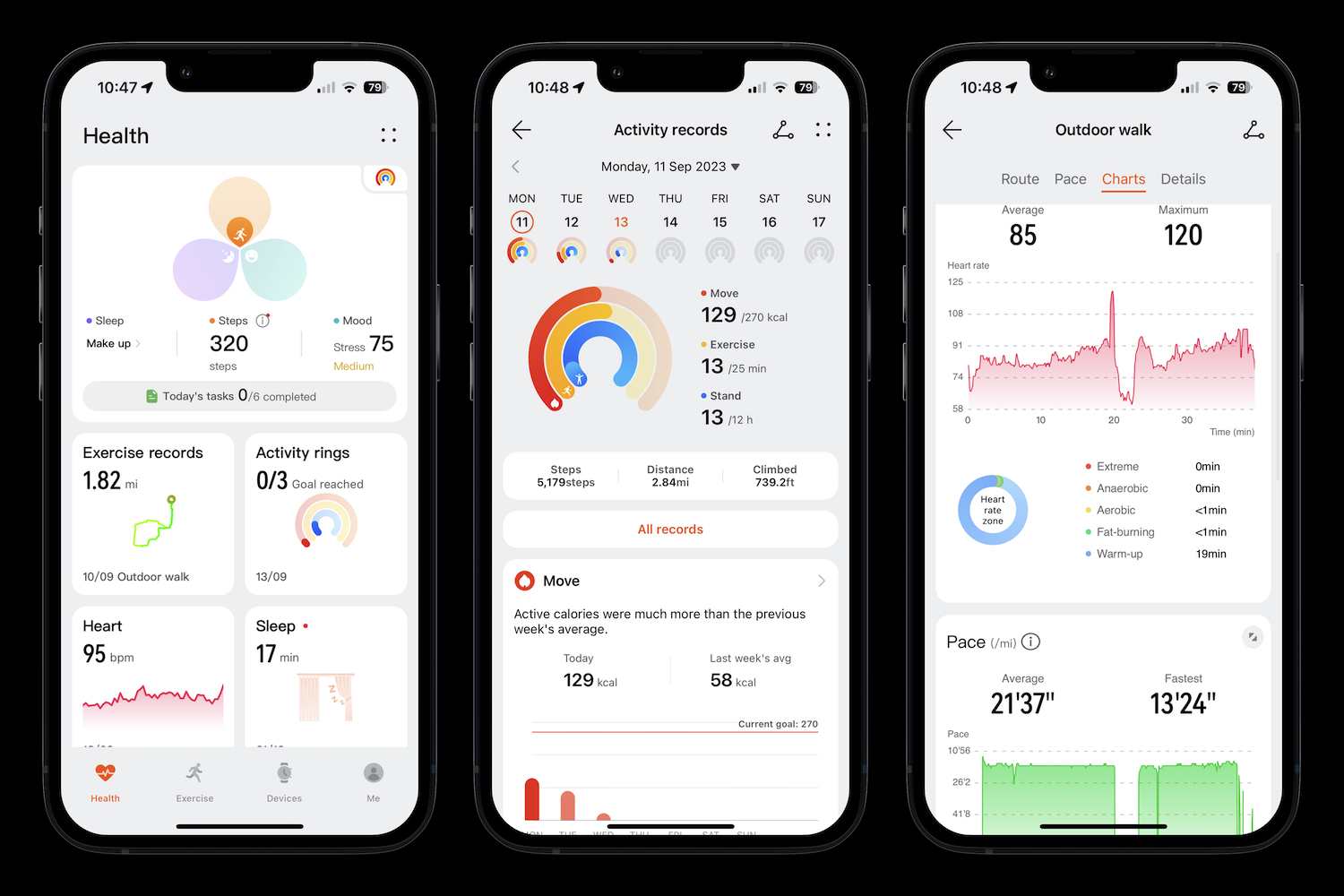 Screenshots taken from the Huawei Health app, connected to the Huawei Watch GT 4.
Screenshots taken from the Huawei Health app, connected to the Huawei Watch GT 4.
So why didn’t the study participants experience the benefits touted by companies like Apple, Fitbit, and Google? The study comprised two phases. Initially, participants received personalized guidance through apps and phone calls. In the second phase, they were expected to continue independently. This is where adherence faltered, and the benefits disappeared.
Challenges of Digital Health Interventions
The study, published in Nature Medicine, found that over two-thirds of participants struggled to understand and follow the technical advice provided by health apps. The lack of human interaction and personalized support emerged as a significant barrier. Older individuals, in particular, faced difficulties adapting to the technology.
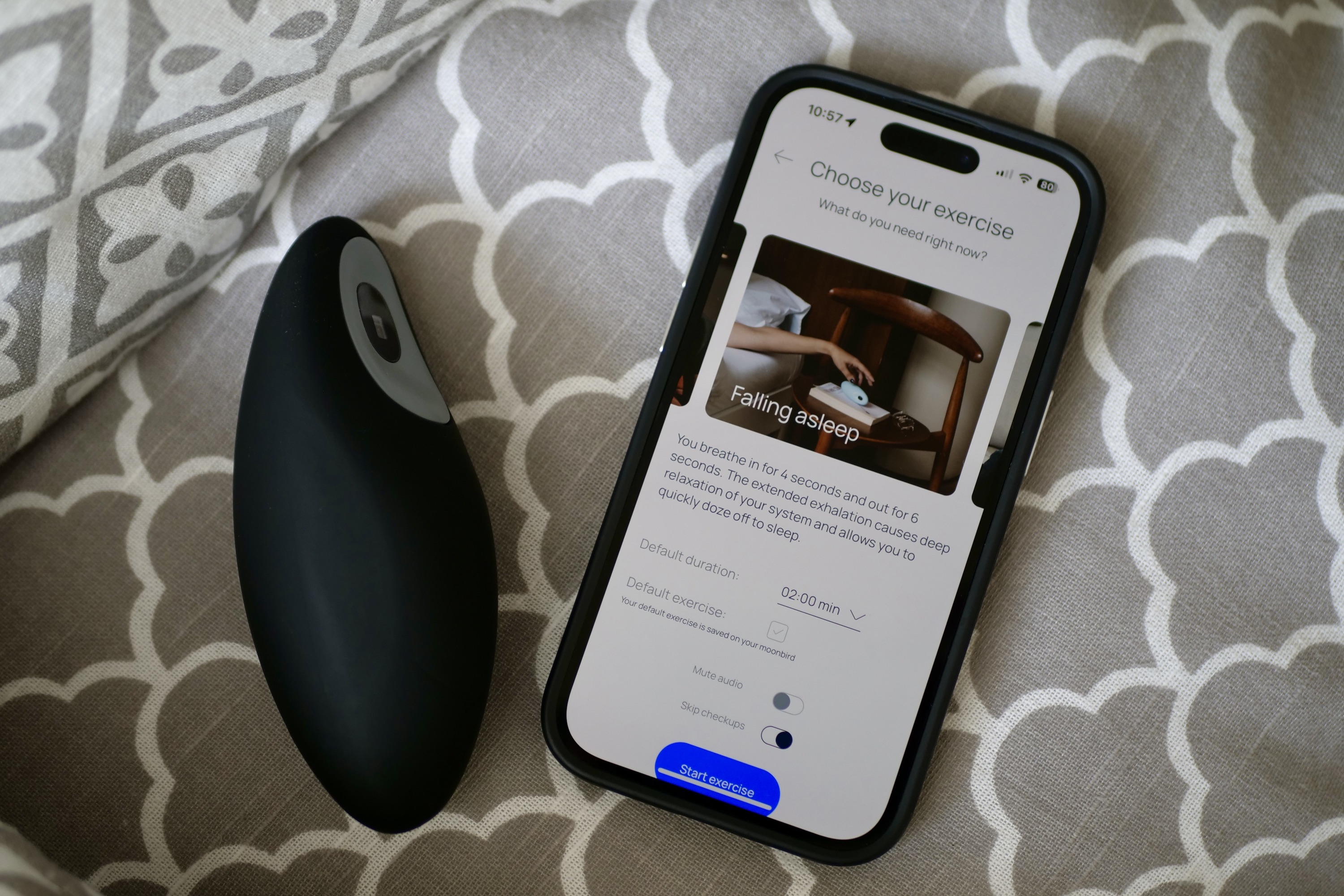 The Moonbird device, resting on a pillow, with the app running on an iPhone 14 Pro.
The Moonbird device, resting on a pillow, with the app running on an iPhone 14 Pro.
The researchers concluded that relying solely on home-based lifestyle interventions through telemedicine may not be practical, clinically effective, or cost-effective, especially for individuals with advanced type 2 diabetes or CHD. The absence of regular, individualized feedback negated the positive effects observed during the initial supervised phase. Human intervention and support remain crucial for successful lifestyle changes. This finding aligns with expert opinions, emphasizing the complementary role of digital tools and the continued need for expert medical guidance.
Conclusion: The Human Element in Digital Health
While digital health tools hold promise, this study highlights the importance of the human element in healthcare. For individuals managing complex health conditions, apps alone may not suffice. Personalized support, human interaction, and ongoing guidance are vital for achieving sustainable lifestyle changes and maximizing the potential benefits of digital health interventions.



